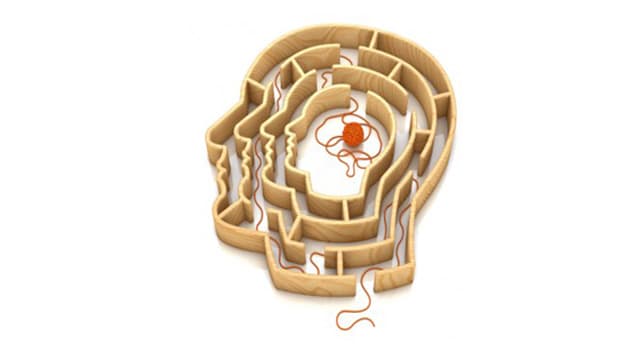Decoding contextual intelligence in HR

Children today have grown up with the Internet being an integral part of their lives. Babies use tablets to swipe through games and interactive programs. Toddlers can navigate apps on a smartphone.
By the time children hit middle school, technology is a natural part of their everyday life, both in school and at home. And of course, their grasp on technological concepts comes, in some cases, faster for them than for their parents.
How do you explain a concept like contextual search to a 12-year-old girl or boy? By using the familiar to explain the abstract.
Let's take an imaginary look at how to describe contextual search to a 7th-grade classroom...
"Good morning students! Today we're going to pick up where we left off on ways to search using computer programs. We learned yesterday that there are many different ways. We use search functions in word processing programs to find a word or a phrase. We can search in a spreadsheet program for a number or any other entries we have made. We also search the web using search engines to find websites, images, news articles, people by using keywords.
"Now, let's take a step back and look at a different type of search, called contextual search. You might think of this as intelligent search, because it differs from basic search in one major way. Contextual search is all about being more precise about the results you get when searching.
"Let's imagine you're going to spend some birthday money on completing your Pokemon card collection. You could Google Pokemon, right? But would that really help? No, it wouldn't. It would just give you pages and pages of results about Pokémon.
What if you could focus your search on Pokémon cards that you need and are for sale near you? How would you do that?
"Sure, you can search for each card individually, but you'd still get millions of results. ... Put all the cards you need in the search bar? Well, that might work, but would you find the ones that are for sale? How about those for sale near you?
"Now, imagine your search finds a massive database that has thousands of Pokémon cards listed, along with prices and where they're for sale. Pretty cool, right? This result is better, for sure, but you'd still need to figure out a way to find that information and grab it, right? What if you also found a word processing document that has cards, prices and locations listed, but not written in a table format, rather in long paragraphs that also detail how the writer feels about the Pokémon character? That's tough, isn't it!
"Contextual search is about letting you set certain guidelines by generating the meaning of your query in a human-like manner, that lets you search through all kinds of documents, including web pages, spreadsheets, databases; and even those documents with lots of descriptive stuff you don't need. Contextual search takes the important stuff you want and lets the search tool hone in on just the results that are relevant to you. By focusing on context, these kinds of search tools can help you save time by delivering just the results you need to complete your collection. What's even cooler is that some contextual search programs can easily search both what's called Structured Data, like what's found in tables with rows and columns, and what's called Unstructured Data, such as in a narrative document.
"Can you see how contextual search will let you find what you need faster? Great! There's the bell. Class dismissed."
Contextual Intelligence in HR
With contextual search technology, your employee searches can work the same way. The technology uses a core platform powered with self-corrective, self-adjusting and self-learning algorithms which use 7 types of NLP techniques to parse HR from any type of files and of any format; think social media, resumes, cover letters, posts, tweets, interview recordings/videos or any other source. Your searches are far more efficient, done in lesser time and with lesser money spent. You'll identify, interview and hire only the most relevant candidates. This is talent intelligence in action, applied in real-time.
Further, when contextual intelligence is integrated with an organization’s HR set up, the rewards are huge and have direct implication for decision makers in organizational planning and investments. A range of employee skill insights; pointers for better talent management and deployment; cost savings; time saving; operational excellence; talent scenarios in unforeseen circumstances and much more.
Never forget that it is the ‘people’ who are at the center of any organization and therefore HR has a pivotal role to play. People and their skills matter for performance; and performance matters for an organization’s well-being. Operational excellence is imperative to complete the circle together with process excellence. It is high time that the HR fraternity acknowledged the need for adopting intelligent technologies to relook and treat the most dynamic force which is ‘talent’, with a combination of Artificial Intelligence and human qualities.














